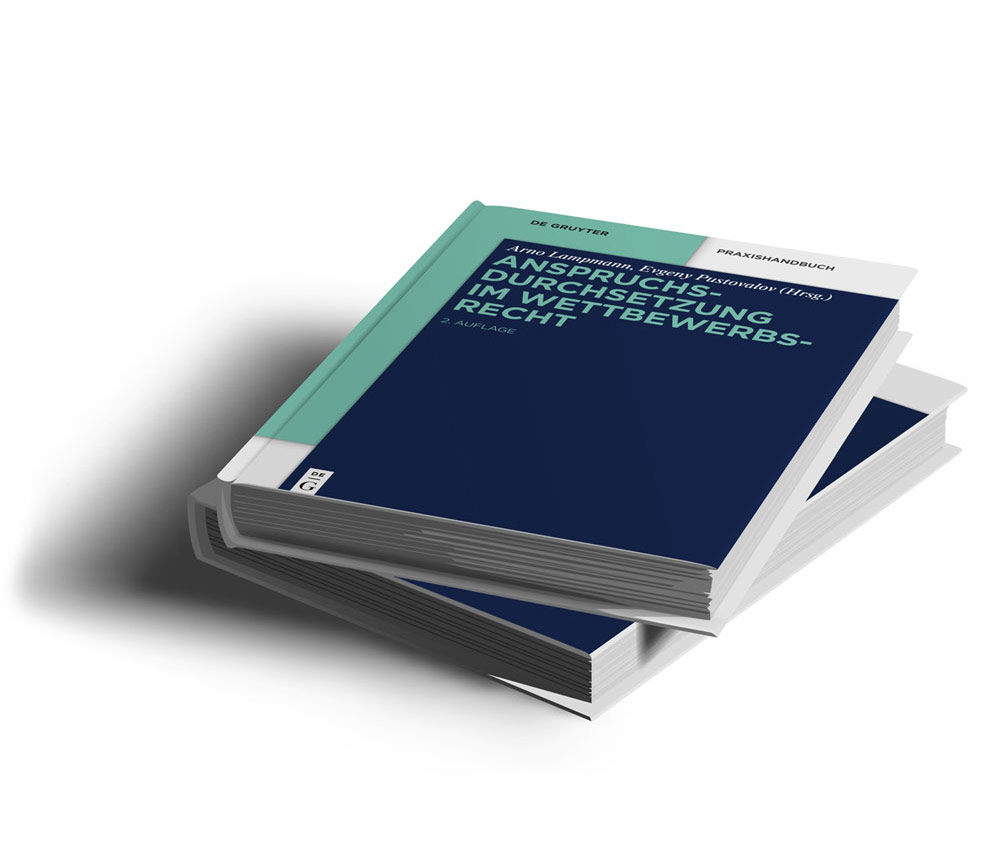Overview
Boycott calls – often critical for companies
According to the meaning of the word, a boycott is understood as a refusal. A boycott is an organized means of pressure, by which either a private person, but mostly entrepreneurs, shall be excluded from participating in economic transactions.
The call for a boycott in the competition law sense constitutes an organised refusal to purchase products of an entrepreneur. The boycott between competitors is an aspect of the restraint of competition. However, calls for boycotts in the legal sense also exist outside of competition law. For example, a call for a boycott can violate the general right of privacy.
In the sense of cartel law, a call for a boycott is an attempt to influence the free will of the addressee. The addressee shall not enter into or maintain certain business relationships with third parties. This requires the involvement of three parties, namely
- the involvement of the boycotting party,
- the addressee of the boycott call and
- the boycotted party.
What types of boycott calls do occur?
- Delivery or purchase blocks
- Call for account termination
- Withdrawal of labor force by workers
- Hiring freeze by employer
- “Blacklist” of companies that use, for example, animal testing
Are calls for boycott allowed?
Whether boycott calls are permissible cannot be answered in general. They are not generally inadmissible. Rather, it must be weighed up in each individual case between the general right to privacy (of a company) on the one hand, or the right to an established and operating business, and the right to freedom of expression under Article 5 of the German Basic Law.
In the case of a call for boycott, the motives and – linked to this – the aim and purpose of the call are essential for the weighing. According to the case law of the Federal Court of Justice (BGH), a call for a boycott is all the more permissible the less it is made in the own economic interest, but in the concern for political, economic, social or cultural interests of the general public and thus serves to influence public opinion.
Top of the page
Requirements for a permissible boycott call
- The pursuit of the boycotting party’s objectives must not exceed the level of harm to the attacked or affected third party which is necessary and reasonable under the circumstances.
- The means of enforcing the boycott call must not be constitutionally objectionable.
- This is basically the case when the boycotting party limits itself to the attempt of mental influence and conviction towards the addressee, i.e. to means that guarantee the mental controversy of opinions.
- No use of instruments of power which are intended to give emphasis to one’s own opinion, for example by threatening or announcing serious disadvantages and exploiting social or economic dependence, thus threatening to impair the inner freedom of opinion formation.
The boycott call of a competitor is usually inadmissible
Calls for boycott, which are purely politically motivated, must be distinguished from calls for boycott, which – at least also – serve to promote the sale of goods or the purchase of services by certain companies. Then the strict standard of competition law applies.
According to this, competitors may not be hindered, disparaged or blackened. The freedom of opinion is not unrestricted here, it is rather subject to the reservation
- of a sufficient reason (legitimate interest of the target public to be informed),
- of what is necessary according to the type and degree or
- required by nature and measure.
It is also true in competition law that calls for boycotts are not generally inadmissible. In the case of a call for boycott that objectively serves to promote the competition of a foreign company, the motivation and context are important.
Top of the page
Our services in boycott calls
- Examination of a boycott call for admissibility
- Damage limitation within the framework of an agreed strategy after a boycott call
- warning of the infringer
- Enforcement of injunctive reliefs
- Enforcement of claims for disposal
- Enforcement of claims for damages
- Protection against repetition through high contractual penalties
- Extrajudicial & judicial enforcement of claims


